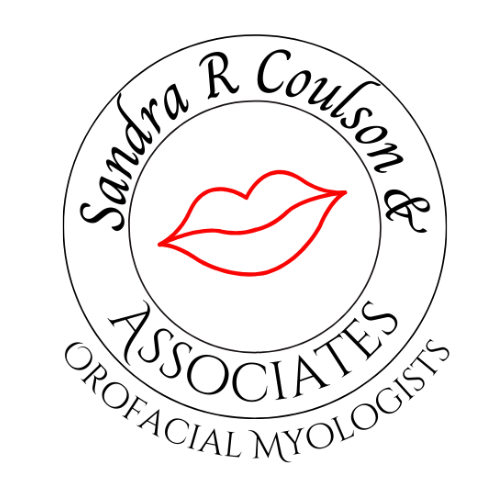
At Coulson & Associates, we understand that every patient is unique and deserves personalized care. We offer treatment plans that are focused on helping you achieve optimal function in your orofacial muscles while at the same time addressing your individual concerns. We use specialized techniques to help you establish proper breathing patterns and oral rest posture for overall dental health.
Our therapy exercises and behavior modification techniques are also designed to help you maintain the results of orthodontic, surgical, and dental procedures.
Our goal is to help you achieve and maintain a healthy, comfortable smile and to be sure your orofacial muscles are working cohesively.
Orofacial myofunctional therapy includes evaluation and treatment for:
- Dysfunctional orofacial habits (tongue thrust, thumb and finger sucking, nail biting, mouth breathing, snoring, sleep apnea and trichotillomania)
- Posturing problems related to the lips, tongue, jaw, body head and respiratory muscles
- Abnormal neuromuscular responses associated with incorrect chewing and swallowing patterns
- Swallowing patterns which may be associated with malocclusions
- Facial and postural aesthetics

Nail Biting
Though nail biting is the most common oral habit, it is detrimental not only to your teeth but your oral and airway health as well.

Digit and/or Pacifer Sucking
Thumb, finger and pacifier sucking habits can have a tremendous impact on how your teeth and dental arches develop.
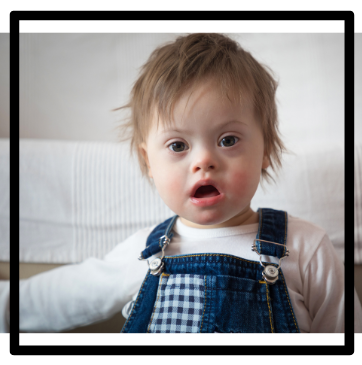
Down Syndrome
Often accompanied by low facial and tongue muscle tone, open mouth rest posture, protruding tongue and increased airway concern.
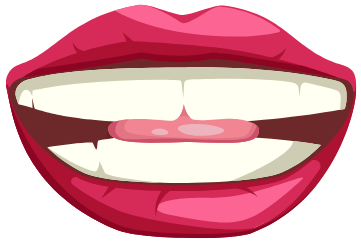
Tongue Thrust
Swallowing with tongue pushing against your teeth (& improper resting posture) can contribute to malocclusion and movement of teeth post orthodontics.
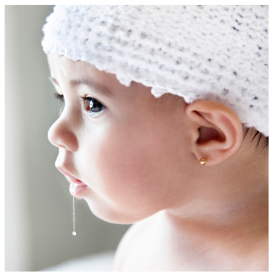
Drooling
Profuse drooling is never normal or typical. If a child's shirt is constantly or frequently wet, this would be considered profuse or atypical drooling.
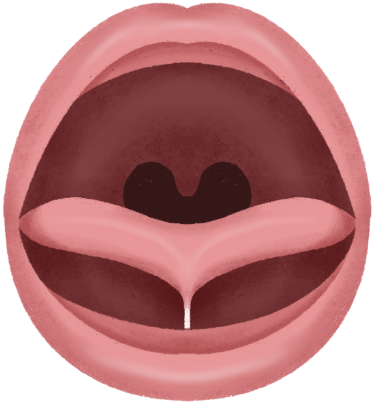
Tongue Tie
Tongue tie (ankyloglossia) is a condition present at birth that restricts tongue function and mobility, which can contribute to oral dysfunction.
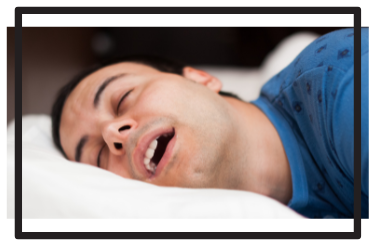
Snoring & Mild Sleep Apnea
Mouth breathing often contributes to low tongue posture which can cause the tongue to fall back into the airway was you lay down, causing snoring and apnea but poor breathing patterns are typically 24/7.
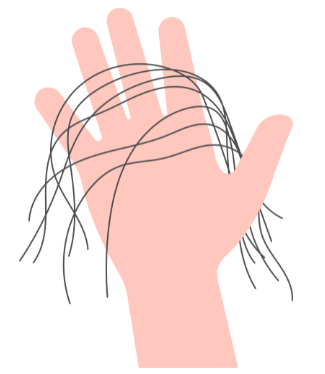
Trichotillomania
Trichotillomania, also known as "trich", is a compulsive hair pulling disorder that we have seen positively impacted through our therapy exercises and proper tongue posture.
